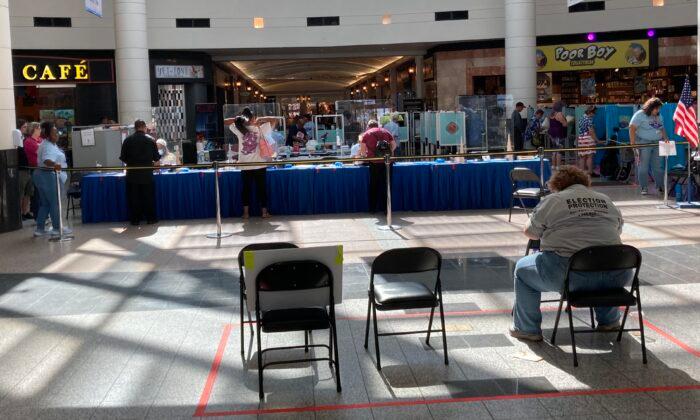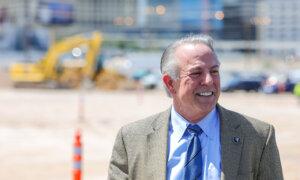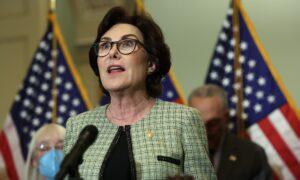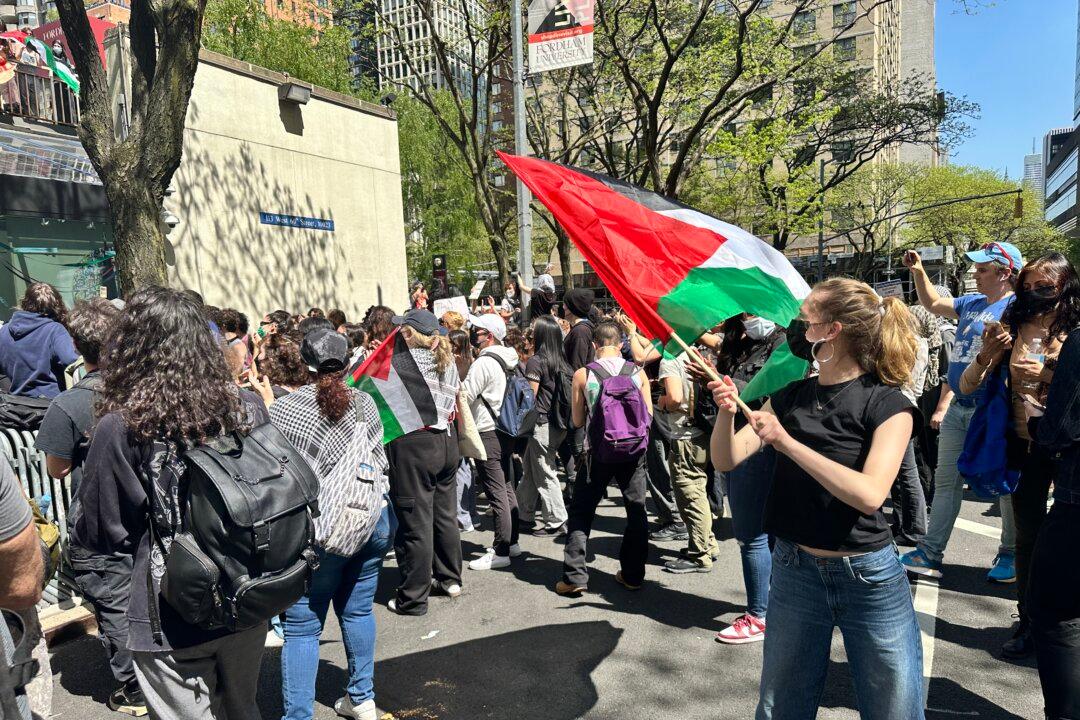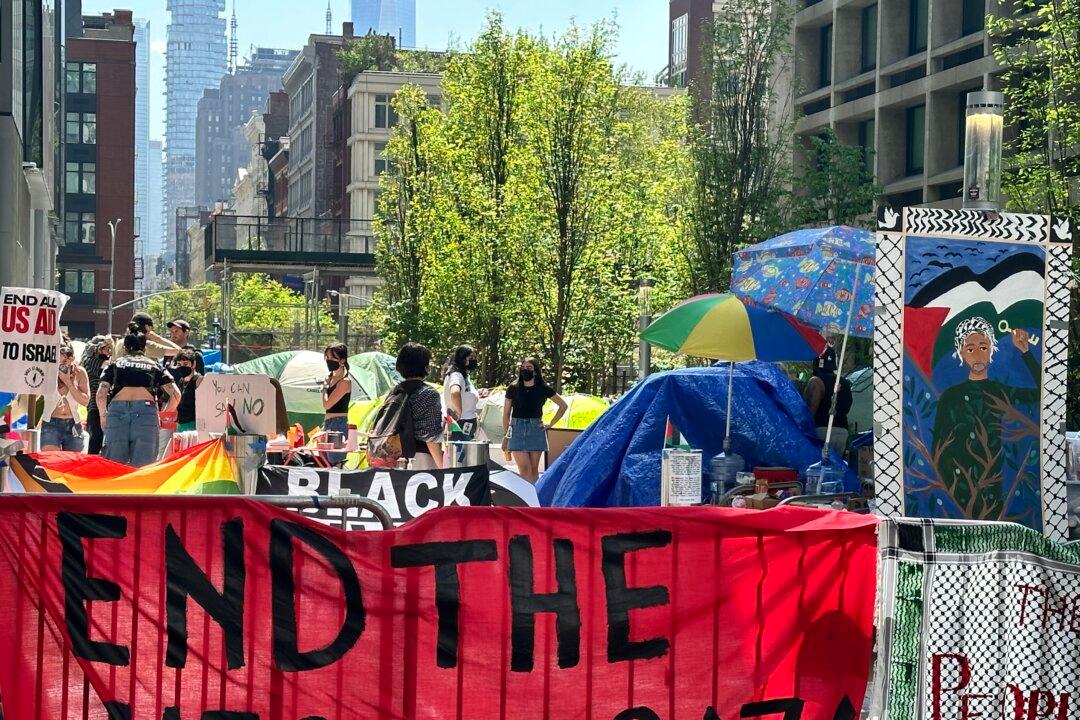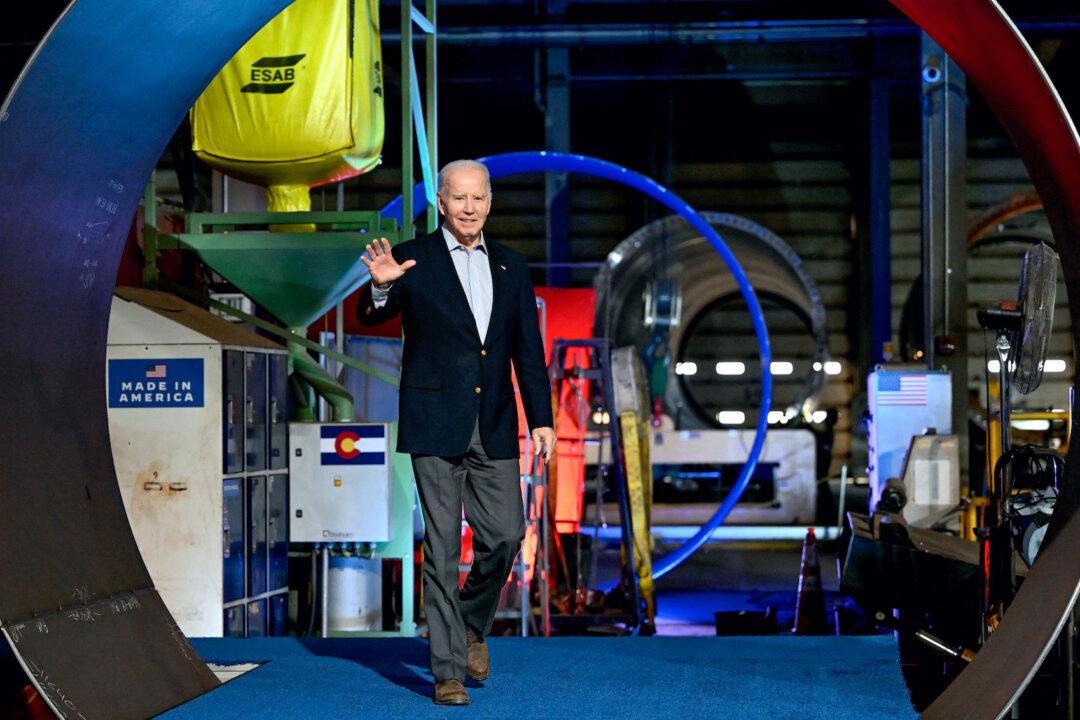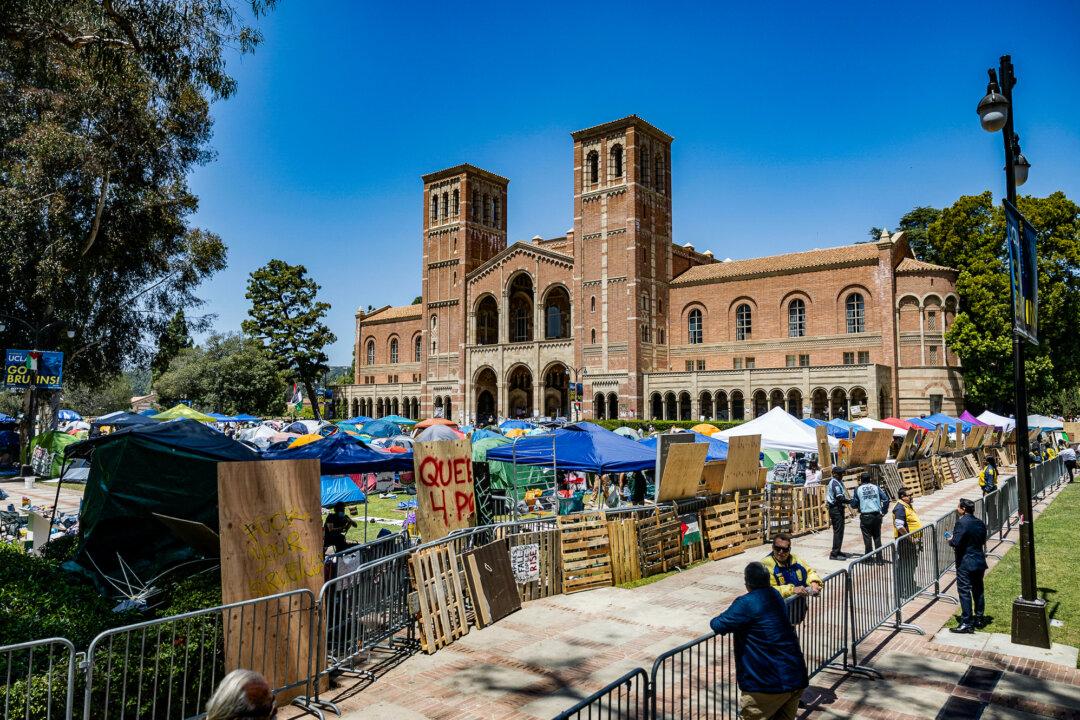There’s a growing trend in state parties aligning with advocacy groups to get proposed constitutional amendments onto general election ballots to spur single-issue voters to the polls where they are likely to incidentally support their candidates.
This proxy tactic is no more evident than in Nevada, a 2024 “battleground state” of closely contested races where a Las Vegas-style buffet of ballot measures is designed to draw diverse constituencies into voting booths on Nov. 5.
Nevadans are near-certain to see a pro-abortion measure supporters hope compels Democrats to the polls, a tactic proven fruitful for the party nationwide in the wake of July 2022’s Roe repeal, and a Voter ID mandate crafted to rally Republicans.
On the same ballot, a ranked-voting amendment, approved in 2022 and set for second-vote confirmation required by state law, is overwhelmingly supported by independent, non-affiliated voters, which is Nevada’s largest voting constituency, as it is nationwide.
These ballot measures could influence outcomes in three Democrat-held Las Vegas-area congressional elections and a U.S. Senate battle between incumbent Sen. Jackie Rosen (D-Nevada) and the GOP’s June 11 primary winner, key contests in determining which party controls the next Congress.
The down-ballot proposals could also affect who wins the “toss-up” presidential election at the top of Nevada’s fall slate. President Joe Biden narrowly won the Silver State in 2020 but President Donald Trump has been consistently leading in Nevada polls since launching his quest for a 2024 rematch days after the 2022 midterms concluded.
Nevada will join Arizona—also a “battleground” state of “toss-up” races—Florida, Maryland, and New York as states where voters will see November 2024 ballot measures to protect or expand abortion access.
Efforts to put similar measures before voters are underway in at least six other states: Colorado, Montana, South Dakota, Nebraska, Missouri, and Arkansas.
While Democrat state parties have mastered the mechanics of ballot harvesting, many are also galvanizing key constituencies to boost turnout through such ballot-building.
Abortion-related ballot measures blunted Republicans’ self-heralded 2022 midterms’ “red wave” with voters affirming constitutional amendments protecting abortion access in California, Michigan, and Vermont, and shooting down attempts in three conservative states—Kansas, Kentucky, Montana—to deny abortion access.
With voters in Republican-dominant Ohio enshrining abortion as a constitutional right in November 2023, Democrats are trying to exploit this seven-for-seven trend by crowding general election slates with abortion-related ballot measures.
But it’s unlikely to have a dramatic impact in Nevada, according to College of Southern Nevada history professor Dr. Sondra Cosgrove.
The 1990 ballot referendum encoding legal access to abortion up to 24 weeks “was approved by the voters with, like, 67 percent” of the tally, she told The Epoch Times. ”That law is actually locked down. The only way to change it is with another vote of the people, and it has to be two-thirds [majority] to change it. So, our abortion laws are forever protected already in this state.”
Former Nevada Republican Club president and former Clark County GOP Chair David Gibbs is also dubious about how significant an abortion measure will be in a state where access is already guaranteed.
“I’m not hearing much about it,” he told The Epoch Times. “Is it going to drive people to the polls? It might, but there’s a good probability that those people were going to vote anyway.”
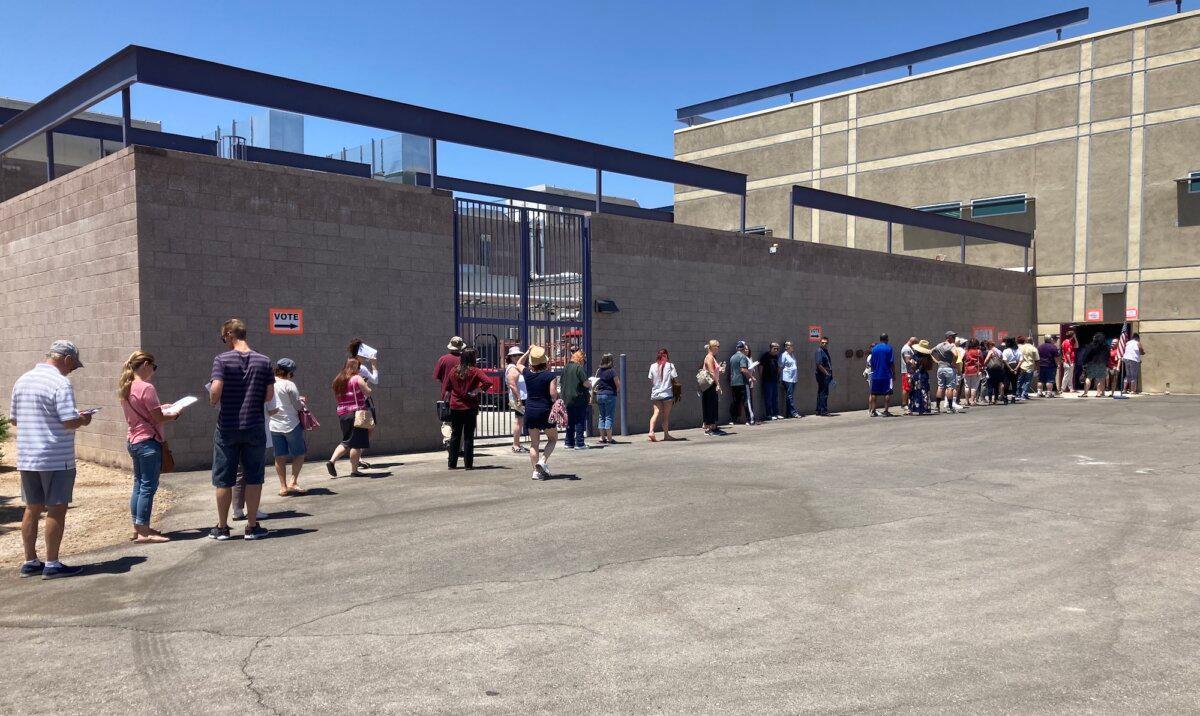
Ranked-Voting Spurs Independents
Nevertheless, both Ms. Cosgrove and Mr. Gibbs agree ballot measures could drive turnout in November, but don’t concur on which ones could have the most influence.If adopted, Nevada would join dozens of cities nationwide and Alaska, Maine, and California as states with varied degrees of open primaries and ranked-choice voting. Idaho voters will also see a similar ranked-choice measure on their Nov. 5 ballot.
Ms. Cosgrove said about 35 percent of Nevada’s 1.157 million voters are registered as nonaffiliated with about 31 percent registering as Democrats and 29 percent as Republicans.
“Our largest group of voters are nonpartisan and they’re not allowed to vote in the closed primaries,” she said, and they want to participate in selecting candidates before they appear on general election ballots because parties have been doing a terrible job at anointing general election candidates with appeal beyond their bases.
“People are just kind of tired of the negativity. They’re tired of having no choice,” Ms. Cosgrove said, noting as a college teacher, she hears a lot from young voters who “are like, ‘They’re all the same white dudes again. There’s no one else?’ I’m like, ‘Yeah, there is, but you know how the parties are, right?’”
Both parties opposed the 2022 measure, which passed with 53 percent, and will do so again. That’s a mistake, Ms. Cosgrove said, noting both parties and their candidates are underestimating how popular Question 3 is and how it will influence how the state’s largest voting bloc casts ballots in November.
“The largest group of voters is already saying, ‘You know, I’m not really cool with either of the parties right now’ but then they feel like they’re being shut out at the same time,” she said. “People can see that the system’s kind of gummed-up and doesn’t work very well, so they’re interested in reforms to our election processes.”
Mr. Gibbs agreed, except he said the election reform Nevadans are interested in is not ranked choice voting. Unlike 2022 when it only passed by 53 percent, he said, Question 3 will face stiff opposition in 2024 with coalescing groups prepared to show “how much this is going to both complicate and muddy the waters in our elections,” predicting the “voters of Nevada will reject” ranked voting.
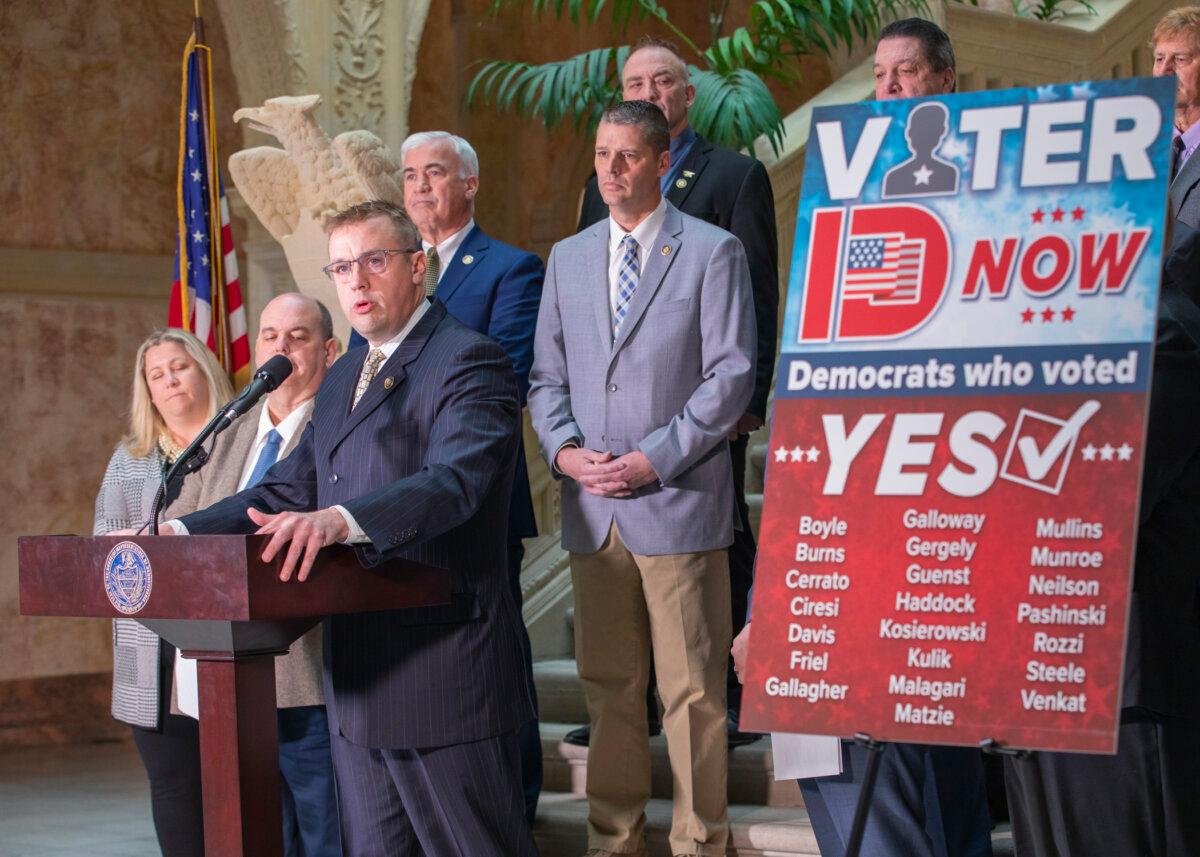
Voter ID Drives Republicans
What voters have been wanting to approve, what will drive them to the polls, he predicted, is the Voter ID ballot measure sponsored by Repair the Vote Nevada, a PAC he leads.“Absolutely,” Mr. Gibbs said, citing a 2023 Pew Research poll that documented “more than 93 percent of Republicans in Nevada are in favor of this” as are “almost two thirds of Democrats here in Nevada.”
Repair The Vote’s proposal to make Nevada the 46th state to require a Voter ID to cast ballots was about 25,000 voter signatures away from qualifying for the Nov. 5 ballot on April 24.
Mr. Gibbs said he doesn’t expect any difficulty in garnering the needed final signatures because voters want to sign it and want to see it on November’s ballot, a bipartisan consensus that could marginally benefit GOP candidates.
But in tight across-the-board elections, all edges are being explored in tweaking turnout, Mr. Gibbs said, and Voter ID is something Republicans have been harping on about in Nevada for years so getting it finally on the ballot will rally GOP voters more than Democrat voters.
“This is a big issue,“ he said. ”One of the things that I expect is, if somebody signs our petition, we figure there’s pretty good probability they’re going to get out and vote in November. I’m 100 percent confident that if we’re successful in getting it on the ballot, that it will pass.”
